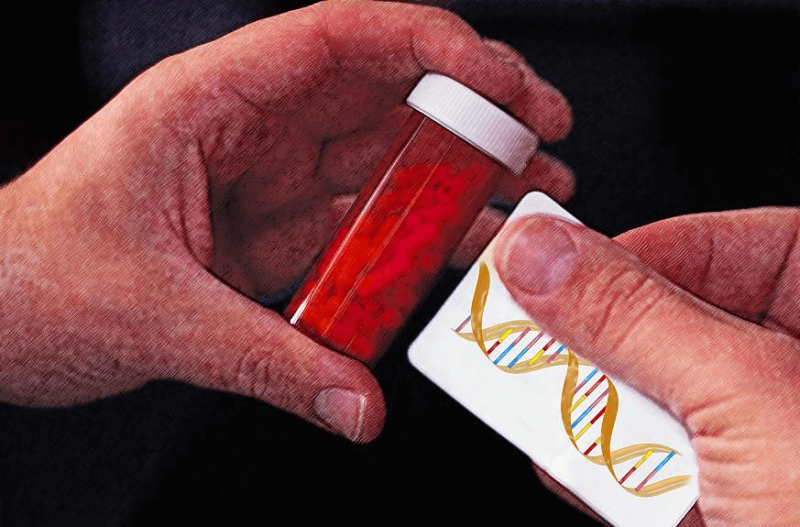Warfarin is a powerful blood thinner and a leading drug for cardiovascular disease worldwide. But in South Africa, it is among the top four drug varieties leading to hospitalization from adverse drug reactions. It’s reasonable to suppose that the drug has similar problematic effects farther across sub-Saharan Africa, though the national data needed to show it are lacking.
The fact that warfarin is riskier in some populations than others isn’t a surprise. Different geographic regions tend to host people with slightly different genetic makeups, and sometimes those genetic differences lead to radically different reactions to drugs. For certain people, a higher dosage of warfarin is fine; for others, it’s dangerous. Researchers have known this for decades.
The problem is that the majority of medical research, including genetic research, is still done mainly on one subset of the world’s population: men of Northern European origin. This means that negative drug-gene interactions in other, less well-studied populations can fly beneath the radar. In the case of warfarin, one study concluded that using someone’s genetic information to help guide their drug dosing would benefit 18 percent to 24 percent of people categorized as white, but have no benefit for people identified as Black, Chinese or Japanese.































